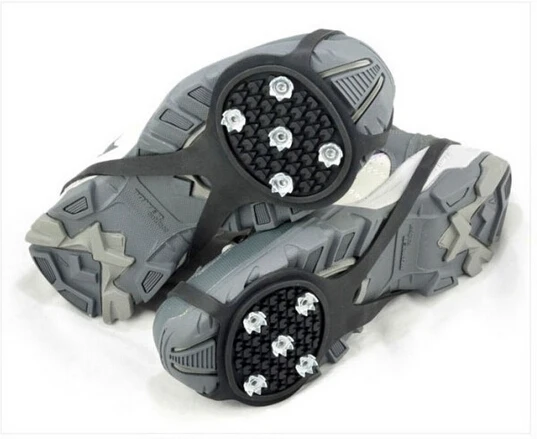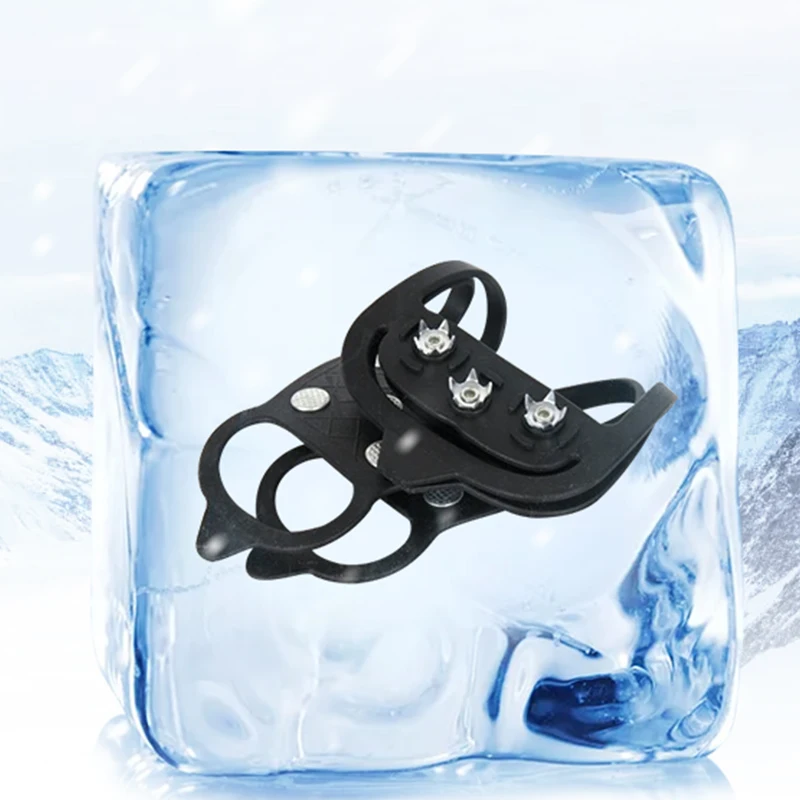Studs: Essential Hardware for Industrial Applications
Studs are fundamental components in industrial and construction projects, offering robust fastening solutions. Whether you're sourcing from China or selecting the right type for your needs, understanding their features and applications is crucial. This guide covers everything from types to purchasing tips.
How to Find Reliable Studs from China in 2025
China remains a top supplier of industrial hardware, including studs. To ensure quality, look for manufacturers with ISO certifications and positive customer reviews. Platforms like Alibaba provide verified suppliers with detailed product specifications and customer feedback. Always request samples before bulk orders to test durability and compatibility.
What Buyers Should Know Before Buying Studs from China
When purchasing studs from China, consider material grades, threading precision, and corrosion resistance. Verify supplier credentials and inquire about lead times and shipping costs. Negotiate bulk discounts but avoid compromising on quality for price. Case studies show that buyers who prioritize certified suppliers reduce defects by 30%.
Types of Studs
Common types include:
- Threaded Studs: Used for high-tension applications.
- Welding Studs: Ideal for metal fabrication.
- Double-End Studs: Feature threads on both ends for secure fastening.
Functions and Features of Studs
Studs provide superior load distribution compared to bolts or screws. Key features include:
- High tensile strength (up to 150,000 psi).
- Corrosion-resistant coatings (e.g., zinc or galvanized).
- Precision threading for secure fits.
Scenarios of Studs
From skyscraper frameworks to automotive engines, studs are versatile. They’re used in:
- Structural steel connections.
- Piping systems.
- Heavy machinery assembly.
How to Choose Studs
Select studs based on:
- Material: Stainless steel for corrosion resistance, alloy steel for strength.
- Thread Type: Fine threads for precision, coarse for quick assembly.
- Length/Diameter: Match project specifications.
Studs Q & A
Q: What’s the difference between studs and bolts?
A: Studs are threaded on both ends and typically used with nuts, while bolts have a head and thread into a tapped hole.
Q: How do I prevent studs from loosening?
A: Use thread-locking compounds or double-nut systems for vibration-prone applications.
Q: Can studs be reused?
A: Yes, if undamaged, but inspect threads for wear before reinstallation.
Q: What’s the lead time for studs from China?
A: Typically 15–30 days, depending on order volume and customization.
Q: Are metric and imperial studs interchangeable?
A: No, ensure compatibility with your system’s measurement standards.



































